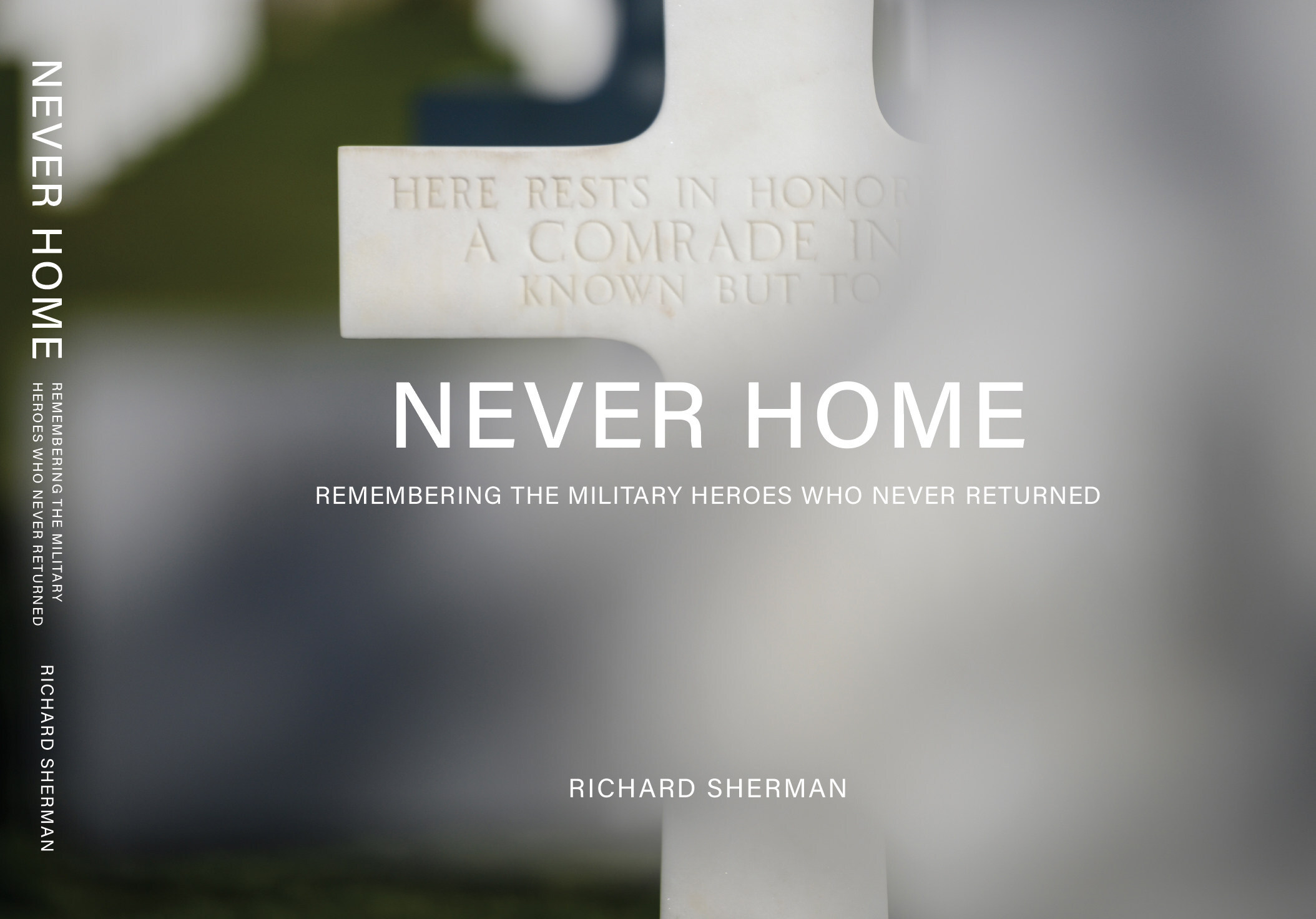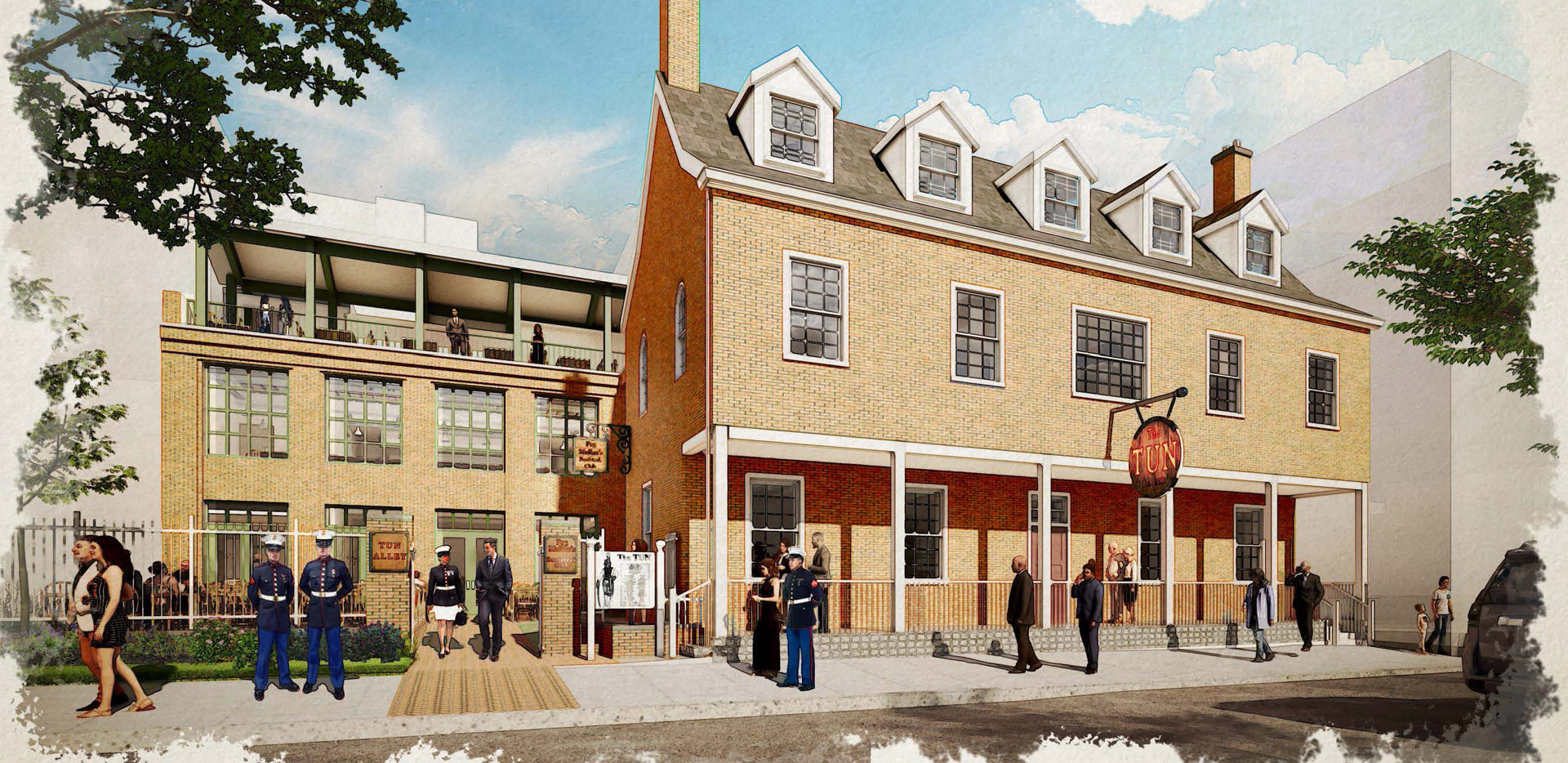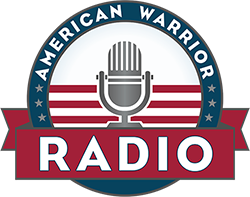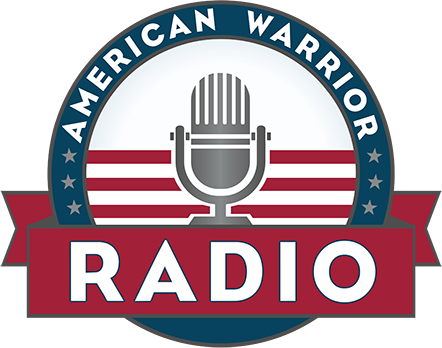Never Home – Rich Sherman
More than 521,000 Americans died fighting against tyranny and oppression during World War I and World War II. About 207,000 of them never made it home – even in death. Their remains rest in 23 cemeteries spread across 8 countries on 3 continents.

Cover of “Never Home: Remembering the Military Heroes Who Never Returned”
Retired Navy Intelligence Officer now professional photographer Rich Sherman traveled to all 23 of these cemeteries over the course of six years. He has documented their final resting place in his book “Never Home; Remembering the Military Heroes Who Never Returned”. The book also tells the stories of select service members whose graves he documented.
Rich believes photos are the perfect medium for sharing the heroism, glory and magnitude of the loses from these wars. “Photography is a language until itself and sometimes it is able to describe things for which we have no words”
The Tun Tavern Legacy Foundation – Pat Dailey
The Tun Tavern was a Philadelphia brew house built in 1685. When the Continental Congress commissioned Samuel Nicholas to raise two battalions of Marines on November 10, 1775, he went directly to the Tun Tavern and appointed its proprietor as the Marine Corps’ first recruiter. The Tun fell into disrepair and was demolished in 1781. The original site is now buried under an interstate freeway.
Many of the members of the Continental Congress enjoyed the hospitality of the Tun after their sessions. After being appointed to lead US forces in the Revolutionary War, George Washington held his celebratory dinner there. It was also the very first documented Masonic Lodge in North America, with Benjamin Franklin serving as one of the early Grand Masters and even printing their menus.
Marine Corps Veteran Pat Dailey leads the non-profit Tun Tavern Legacy Foundation. Their mission is to recreate the Tun Tavern as it originally was on a location only a block away from where the first tavern stood. Pat says securing the site was one of the greater challenges of the project. The estimated cost of the project is $20 million.
The Tavern will continue to be operated as a non-profit with all of the revenues over costs benefiting military and Masonic charities. The site will also include a small museum.

